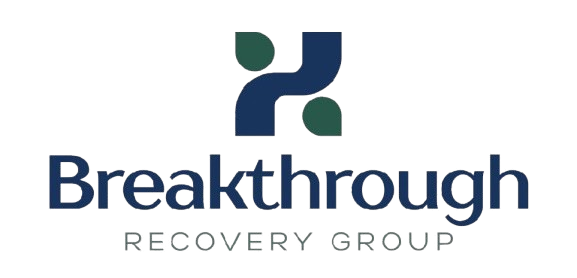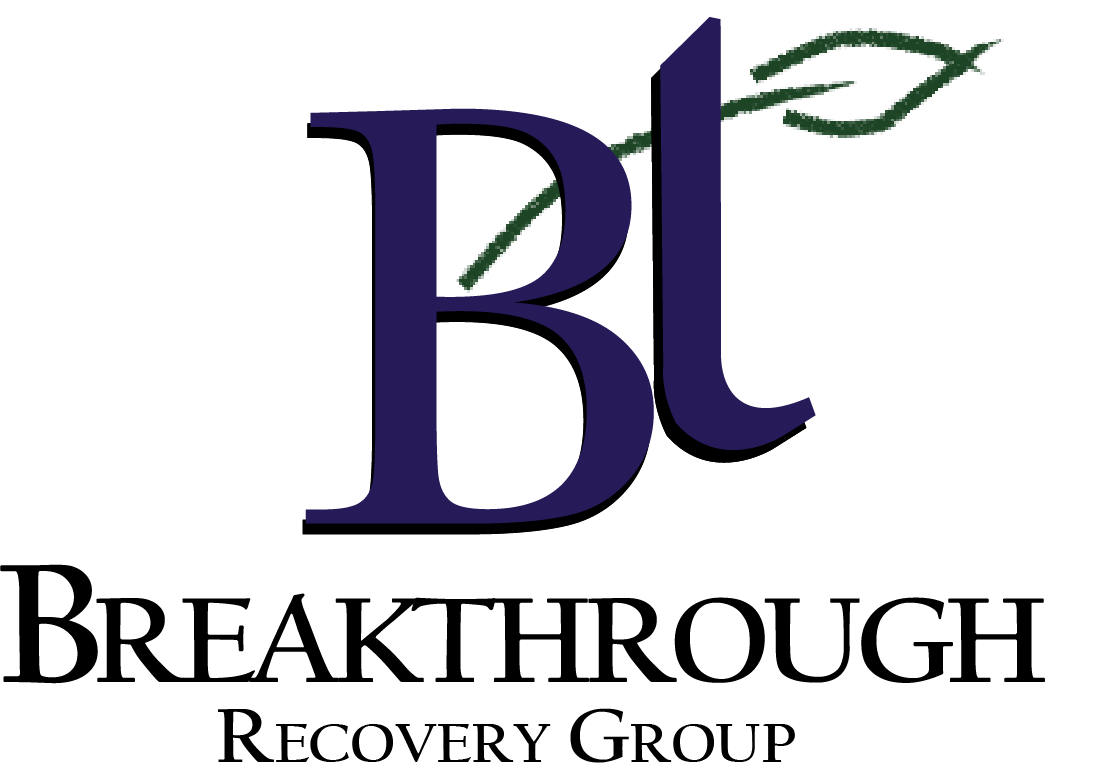When facing addiction or mental health challenges, finding the right support can feel overwhelming. For residents of the Inland Northwest, understanding your options among treatment centers Spokane Washington offers is the first step toward recovery. Whether you’re seeking help for yourself or a loved one, knowing what to look for in quality treatment facilities can make all the difference in your journey to wellness.
Understanding the Treatment Landscape in Spokane
Spokane has emerged as a hub for comprehensive addiction and mental health services in Eastern Washington. The city’s treatment centers Spokane Washington residents can access provide a wide range of evidence-based therapies and programs designed to address both substance use disorders and co-occurring mental health conditions. This dual approach is crucial, as research consistently shows that integrated treatment leads to better long-term outcomes.
The treatment landscape in Spokane reflects the community’s commitment to addressing the complex needs of individuals struggling with addiction and mental health issues. From intensive residential programs to flexible outpatient services, treatment centers Spokane Washington facilities offer various levels of care to meet people wherever they are in their recovery journey.
Types of Treatment Programs Available
Partial Hospitalization Programs (PHP)
Partial Hospitalization Programs represent one of the most comprehensive outpatient options among treatment centers Spokane Washington provides. These programs offer intensive treatment during the day while allowing individuals to return home in the evenings. PHP typically involves 20-25 hours of treatment per week and serves as an excellent step-down from inpatient care or as an intensive starting point for those who don’t require 24-hour supervision.
During PHP, participants engage in individual therapy, group sessions, family counseling, and educational workshops. This level of care is particularly beneficial for individuals with severe substance use disorders or co-occurring mental health conditions who need structured support while maintaining some independence.
Intensive Outpatient Programs (IOP)
Intensive Outpatient Programs offer a middle ground between residential treatment and standard outpatient care. Among the treatment centers Spokane Washington offers, IOP typically involves 9-12 hours of treatment per week, usually spread across three to four days. This flexibility makes it an excellent option for individuals who need to maintain work, school, or family responsibilities while receiving treatment.
IOP focuses heavily on developing coping strategies, relapse prevention skills, and building a strong support network. Participants learn to apply recovery principles in real-world situations while having consistent professional support and peer accountability.
Traditional Outpatient Programs
Standard outpatient programs provide the most flexible treatment option among treatment centers Spokane Washington facilities. These programs typically involve one to three sessions per week and are ideal for individuals in early recovery who have completed more intensive treatment or those with less severe addiction issues who can maintain stability while living at home.
Outpatient programs emphasize long-term recovery planning, ongoing therapy, and continued skill development. They serve as an essential bridge between intensive treatment and independent recovery maintenance.
Addressing Substance Use Disorders
Alcohol Addiction Treatment
Alcohol addiction remains one of the most commonly treated conditions at treatment centers Spokane Washington facilities. Treatment typically begins with medical detoxification when necessary, followed by comprehensive therapy addressing the psychological, social, and behavioral aspects of alcohol use disorder. Evidence-based approaches include cognitive-behavioral therapy, motivational interviewing, and family therapy components.
The complexity of alcohol addiction often requires addressing underlying trauma, mental health conditions, and social factors that contribute to excessive drinking. Quality treatment centers provide integrated care that tackles all these elements simultaneously.
Opioid Addiction Services
The opioid crisis has significantly impacted Spokane, making specialized opioid treatment a priority among local treatment centers Spokane Washington provides. This includes treatment for prescription painkillers, heroin, and synthetic opioids like fentanyl. Medication-assisted treatment (MAT) combined with counseling and behavioral therapies has proven most effective for opioid addiction.
Treatment for opioid addiction often involves a longer timeline than other substances due to the physical dependence component. Comprehensive programs address both the medical aspects of withdrawal and the psychological components of addiction.
Stimulant Addiction Recovery
Cocaine and methamphetamine addiction require specialized approaches available at treatment centers Spokane Washington facilities. Unlike opioids, there are currently no FDA-approved medications specifically for stimulant addiction, making behavioral therapies the primary treatment approach. Cognitive-behavioral therapy, contingency management, and motivational interviewing have shown significant success in treating stimulant use disorders.
The high relapse potential with stimulant addiction makes ongoing support and relapse prevention planning crucial components of treatment. Programs focus heavily on identifying triggers, developing healthy coping mechanisms, and building strong support networks.
Mental Health Treatment Integration
Depression and Anxiety Disorders
Many individuals seeking help from treatment centers Spokane Washington facilities struggle with co-occurring depression and anxiety disorders alongside their addiction. These conditions often fuel substance use as individuals attempt to self-medicate uncomfortable symptoms. Integrated treatment addressing both the addiction and mental health components simultaneously has proven most effective.
Treatment for depression and anxiety typically involves a combination of individual therapy, group counseling, medication management when appropriate, and lifestyle interventions. Cognitive-behavioral therapy and dialectical behavior therapy are particularly effective for these conditions.
Trauma and PTSD Treatment
Trauma often underlies both addiction and mental health issues, making trauma-informed care essential among quality treatment centers Spokane Washington provides. Many individuals have experienced childhood trauma, domestic violence, military combat, or other traumatic events that contribute to their current struggles.
Evidence-based trauma treatments like EMDR (Eye Movement Desensitization and Reprocessing) help individuals process traumatic memories and reduce their impact on daily functioning. Trauma-informed care ensures that treatment approaches don’t inadvertently re-traumatize clients during the recovery process.
Bipolar Disorder Support
Bipolar disorder presents unique challenges in addiction treatment, as mood episodes can significantly impact treatment engagement and progress. Treatment centers Spokane Washington facilities specializing in dual diagnosis care understand the importance of mood stabilization alongside addiction treatment.
Treatment for individuals with bipolar disorder often involves careful medication management, mood monitoring, and specialized therapy approaches that account for the cyclical nature of the condition. Family education and support are particularly crucial for individuals with bipolar disorder.
Evidence-Based Clinical Services
Dialectical Behavioral Therapy (DBT)
DBT has become a cornerstone treatment approach at many treatment centers Spokane Washington facilities, particularly for individuals with emotional regulation difficulties, self-harm behaviors, or personality disorders. DBT teaches four core skill sets: mindfulness, distress tolerance, emotional regulation, and interpersonal effectiveness.
These skills are particularly valuable in addiction recovery, as they provide concrete tools for managing cravings, handling difficult emotions, and navigating relationship challenges without turning to substances.
Cognitive Behavioral Therapy (CBT)
CBT remains one of the most researched and effective approaches for both addiction and mental health treatment. This therapy helps individuals identify and change negative thought patterns and behaviors that contribute to their substance use or mental health symptoms.
CBT techniques are practical and actionable, giving clients specific tools they can use immediately to challenge distorted thinking and develop healthier coping strategies. The skills learned in CBT often become lifelong tools for maintaining recovery.
EMDR and Trauma Processing
Eye Movement Desensitization and Reprocessing (EMDR) has revolutionized trauma treatment at treatment centers Spokane Washington facilities. This specialized therapy helps individuals process traumatic memories in a way that reduces their emotional charge and impact on daily functioning.
EMDR is particularly valuable for individuals whose addiction or mental health issues stem from traumatic experiences. By addressing the root trauma, individuals often find their symptoms of depression, anxiety, and substance cravings significantly reduced.
Family Support and Involvement
The Role of Family in Recovery
Quality treatment centers recognize that addiction and mental health issues affect entire families, not just the individual seeking treatment. Treatment centers Spokane Washington facilities often provide comprehensive family support services that help loved ones understand addiction as a disease, develop healthy boundaries, and learn how to support recovery without enabling.
Family therapy sessions help address relationship issues that may have developed during active addiction and teach communication skills necessary for rebuilding trust and connection.
Educational Components
Family education programs help relatives understand the recovery process, what to expect during different phases of treatment, and how to maintain their own well-being while supporting their loved one. These programs often cover topics like recognizing relapse warning signs, understanding triggers, and creating a supportive home environment.

Specialized Services and Holistic Approaches
Nutritional Coaching
Many individuals entering treatment have neglected their physical health during active addiction or mental health crises. Nutritional coaching addresses this often-overlooked aspect of recovery by helping individuals understand how proper nutrition supports brain function, mood stability, and overall physical health.
Nutritional coaching may include meal planning, education about how different foods affect mood and energy levels, and practical skills for grocery shopping and meal preparation. This holistic approach recognizes that physical health and mental health are interconnected.
Relapse Prevention Planning
Relapse prevention is a critical component of treatment at quality treatment centers Spokane Washington facilities. This involves identifying individual risk factors, developing specific strategies for high-risk situations, and creating detailed plans for what to do if relapse warning signs appear.
Effective relapse prevention planning is highly individualized, taking into account each person’s unique triggers, support system, and life circumstances. It serves as a roadmap for maintaining recovery long after formal treatment ends.
Choosing the Right Treatment Center
Accreditation and Licensing
When researching treatment centers Spokane Washington options, it’s essential to verify that facilities are properly licensed and accredited. Look for accreditation from organizations like The Joint Commission or CARF (Commission on Accreditation of Rehabilitation Facilities), which ensure facilities meet rigorous standards for care quality and safety.
Licensed clinical staff, evidence-based treatment approaches, and proper medical oversight are non-negotiable factors when selecting a treatment center.
Treatment Philosophy and Approach
Different treatment centers may have varying philosophies about addiction and recovery. Some facilities focus heavily on the 12-step model, while others emphasize evidence-based clinical approaches or holistic wellness methods. Understanding a facility’s treatment philosophy helps ensure it aligns with your personal values and recovery goals.
Insurance and Payment Options
Treatment costs can be a significant concern for many families. When treatment centers Spokane Washington offers, inquire about insurance acceptance, payment plans, and financial assistance options. Many facilities have financial counselors who can help navigate insurance benefits and explore all available options for making treatment affordable.
Don’t let financial concerns prevent you from seeking help. Many treatment centers work with individuals to find creative solutions for funding treatment, and the long-term benefits of recovery far outweigh the initial costs.
The Recovery Community in Spokane
Ongoing Support Resources
Recovery doesn’t end when formal treatment concludes. Spokane has a robust recovery community with numerous ongoing support resources, including 12-step meetings, SMART Recovery groups, peer support programs, and sober living facilities. These resources help individuals maintain their recovery and continue growing in their personal development journey.
Many treatment centers Spokane Washington facilities help clients connect with these ongoing support resources before completing treatment, ensuring a smooth transition to long-term recovery maintenance.
Success Stories and Hope
Every day, individuals successfully overcome addiction and mental health challenges with the help of quality treatment programs. The recovery community in Spokane is filled with people who have rebuilt their lives, repaired relationships, and discovered purpose and meaning beyond their struggles.
These success stories serve as beacons of hope for individuals just beginning their recovery journey, demonstrating that with proper treatment and ongoing support, lasting recovery is absolutely possible.
Taking the First Step
If you or someone you love is struggling with addiction or mental health issues, reaching out for help is the most important first step. The treatment centers Spokane Washington offers provide hope, healing, and practical tools for building a healthier, more fulfilling life.
At Breakthrough Recovery, we understand that every individual’s journey is unique. Our comprehensive programs, experienced clinical team, and compassionate approach to care help individuals not just overcome their immediate challenges, but build the foundation for lasting wellness and personal growth. Don’t wait another day to begin your journey toward recovery – the support you need is available, and a brighter future is possible.
Recovery is not just about stopping substance use or managing mental health symptoms; it’s about discovering your authentic self, building meaningful relationships, and creating a life filled with purpose and joy. With the right treatment and ongoing support, you can achieve the lasting recovery you deserve. For more information, visit our website https://btrgspokane.com/ or call us at (509) 927-6838.





